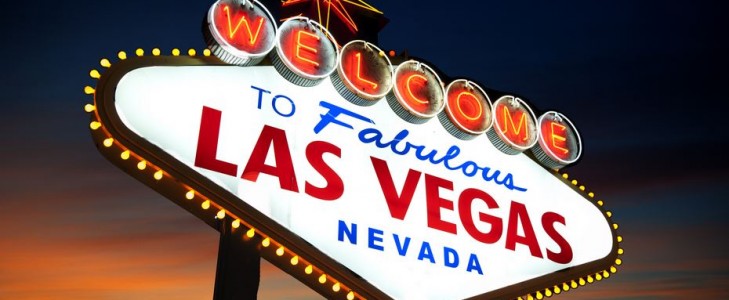With all the scrutiny that’s surrounding daily fantasy sports (DFS) sites, it was only a matter of time before another state banned the activity. And this state turned out to be Nevada, the first of the 50 states to legalize and regulate online gaming. Nevada essentially banned DFS by declaring it gambling while demanding that industry leaders DraftKings and FanDuel quit operating in the Silver State until they obtain licensing. That said, let’s discuss their reasoning behind the ban, if it’s fair, and where the industry is headed.
Nevada is looking out for their Casinos, Poker Sites
Daily fantasy sports sites currently operate unchecked in all but five U.S. states. The industry is exempted from the Unlawful Internet Gambling Enforcement Act of 2006, which prevents banks from accepting financial transactions related to online poker and sports betting sites. However, states also have the right to prohibit DFS, which Nevada recently decided to do.
It only makes sense that the Silver State went this route because they want to protect their casinos and online poker sites. The DFS industry enjoys an unfair advantage over Nevada’s iPoker rooms since it operates unchecked across most of America. Meanwhile, Nevada iGaming is confined to their borders and the state of Delaware (through interstate pact). Given the increasing popularity of DraftDay and FanDuel, Nevada has cut down some of the online gaming competition facing their poker rooms.
Is banning DFS Fair?
Many point to the hypocrisy surrounding how DFS is treated compared to online poker. Specifically, iPoker rooms were never based in America until regulation slowly started happening in 2013. These sites were hampered with the UIGEA, then dealt another huge blow when ‘Black Friday’ happened in 2011. Few could unbiasedly argue that Black Friday was completely unjust, considering that Full Tilt, UB Poker and Absolute Poker didn’t have enough funds to cover player deposits.
Of course, the prevailing wisdom is that, because DFS sites are based in America, they might be more trustworthy than offshore poker sites. However, the DFS industry has already proven this to be untrue with the recent DraftDay/FanDuel scandal. The FBI uncovered that a DraftKings mid-level content manager won $350,000 at FanDuel while using insider data on NFL player ownership trends.
Did DraftKings fire the manager and issue an apology? No, they merely stated that the content manager didn’t gain a real advantage from the insider information, and their company ensures that they offer fair games. In the process, they’ve given the politicians who want DFS regulated even more fuel to continue their fight.
Where is the DFS Industry headed?
DFS has strong support from very powerful people and sports leagues. Robert K. Kraft of the New England Patriots, Jerry Jones of the Dallas Cowboys, the NFL, and the MLB all have invested substantial money into DraftKings, while the NBA owns a stake in FanDuel. Meanwhile, these same leagues have fought to prevent New Jersey from opening sportsbooks.
“The irony is that the NFL and other leagues are filing against New Jersey while at the same time it’s supporting daily fantasy,” said David Gzesh, a sport law and gambling lawyer. “If they maintain the suit in New Jersey, it sure looks like they are trying to have it both ways.”
They may not be able to have it both ways soon because there is mounting pressure to look into DFS. New Jersey House Rep. Frank Pallone Jr. has already called for Congress to discuss the matter soon. And the New York Attorney General’s office has been closely examining how DFS sites operate.
“Where this is all heading is mounting pressure to regulate daily fantasy games,” said Daniel Etna, a sports law expert. “And that will be the worst result for DraftKings, FanDuel and the whole industry.”
In the aftermath of the Nevada ban, DFS operations will continue serving 44 states in America. However, it looks like this number will only continue dwindling in the future until regulation comes about.
